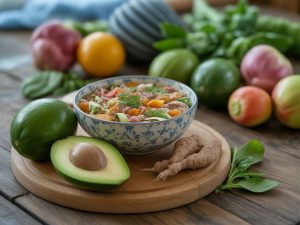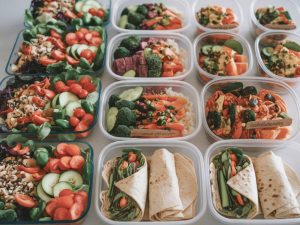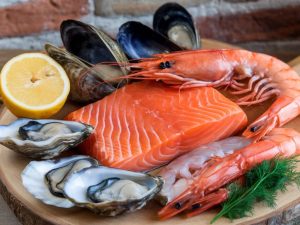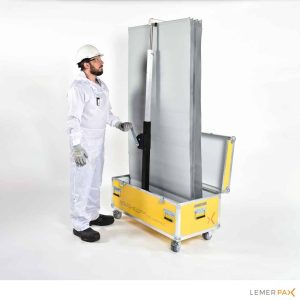The best post-workout nutrition for optimal recovery
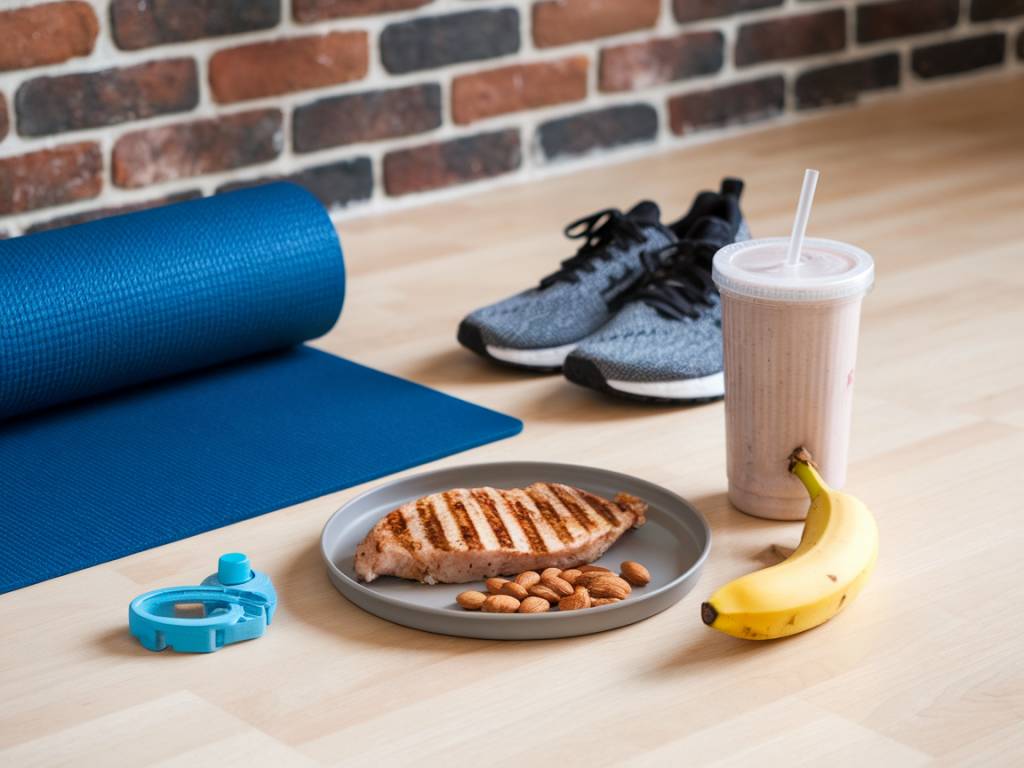
The best post-workout nutrition for optimal recovery
The Importance of Post-Workout Nutrition
There’s nothing quite like the feeling of crushing a workout, whether it’s an intense lifting session, a long run, or a sweaty HIIT class. But do you know what’s equally important as the workout itself? What happens AFTER. Yep, I’m talking about post-workout nutrition.
Your muscles are like sponges after exercise—they’re primed to absorb nutrients to recover, rebuild, and get stronger. Skip this critical window, and you might feel sluggish, sore, or stalled in your progress. If you’ve ever asked yourself what to eat after a workout or why it even matters, this article is for you.
What Your Body Needs Post-Workout
Post-workout nutrition revolves around three key elements: protein for muscle repair, carbohydrates for energy replenishment, and hydration to replace what you’ve lost in sweat. Let’s break it down:
- Protein: During exercise, you’re actually creating small tears in your muscle fibers. Protein, rich in amino acids, is the building block your muscles need to repair and grow stronger. Aim for 20-30 grams within an hour post-workout.
- Carbohydrates: Your body burns through its glycogen stores during exercise, especially if it’s high-intensity. To replenish energy levels, you’ll want to consume complex or simple carbs, depending on the intensity of your workout.
- Water and Electrolytes: Sweating isn’t just water loss—it’s also minerals like sodium and potassium. Rehydration ensures your muscles and cells work efficiently during recovery.
The Best Post-Workout Foods
Let’s get specific. Here are some delicious and nutrient-packed options to fuel your recovery:
- Grilled Chicken and Sweet Potatoes: A classic for a reason! Packed with lean protein and complex carbs, this combo helps your muscles rebuild and boosts your energy stores.
- A Protein Smoothie: Blend your favorite protein powder with a banana, some almond milk, and a handful of spinach for a quick and portable post-workout fix.
- Avocado Toast with Eggs: Eggs bring the protein; avocado provides healthy fats; and the whole-grain toast offers complex carbs to round it all out.
- Greek Yogurt with Berries and Honey: Greek yogurt has double the protein of regular yogurt, and adding berries gives you the carbs and antioxidants you need for recovery.
- Salmon with Quinoa: This dish not only replenishes protein and carbs but also provides omega-3s, which reduce inflammation in the body post-exercise.
Timing Matters
Have you heard of the « anabolic window »? It’s the period, roughly 30 minutes to an hour post-exercise, when your body is most efficient at absorbing nutrients and kick-starting the recovery process. While recent research suggests this window might be a bit bigger than we once thought, it’s still a good habit to fuel up soon after a workout.
In practical terms, if you can eat a full meal within two hours post-workout, great! If not, then a quick snack like a protein shake or a banana with peanut butter is an excellent stopgap to tide you over.
Hydration: The Often-Ignored Hero
We can’t talk about post-workout nutrition without addressing hydration. Exercise, especially intense or long-duration workouts, causes fluid loss through sweat—and this can affect everything from your energy levels to muscle function. Failing to rehydrate properly can even lead to dizziness or cramps.
Water is fantastic, but sometimes it’s not enough, especially after longer sessions. Try drinking an electrolyte-rich beverage to replenish sodium, potassium, and magnesium. Coconut water, sports drinks, or even a pinch of salt in your water can do the trick.
What About Supplements?
Supplements can be helpful, but they’re not a necessity for most people. Whole foods should always come first. That said, here are a few popular post-workout supplements and their benefits:
- Protein Powder: Ideal if you’re short on time or need a portable option for post-workout protein intake.
- Creatine: This naturally occurring compound helps with muscle energy and recovery. It’s especially useful for strength or power-focused athletes.
- BCAAs: Branched-Chain Amino Acids may help reduce muscle soreness and promote recovery, though their effectiveness is debated if you’re already getting enough protein.
Remember, supplements should complement your nutrition, not replace real, wholesome food.
Listen to Your Body
At the end of the day, your body is your best guide. If you’re starving after a workout, that might be your body calling for a solid post-workout meal. If you’re not that hungry, consider something light but nutrient-dense, like a smoothie or a handful of nuts and fruit.
Recovery isn’t a one-size-fits-all process. It depends on your workout intensity, duration, fitness goals, and even your individual metabolism. Experiment with different post-workout meals and snacks until you find what leaves you feeling energized and refueled.
Quick Tips to Keep in Mind
Before you head off to plan your next post-workout feast, here are a few tips to summarize everything:
- Aim for a balance of protein, carbs, and healthy fats.
- Eat within 30 minutes to 2 hours after your workout.
- Stay hydrated and consider electrolytes for intense sessions.
- Focus on whole, nutrient-rich foods before reaching for supplements.
- Listen to your body and adjust as needed for your goals and routine.
Fueling your body after exercise isn’t just about progress—it’s about honoring the hard work you’ve put in and setting yourself up for success. So, the next time you finish a workout, don’t just celebrate with a sweaty selfie (though we’re all guilty of it!)—head to the kitchen and give your body the nutrition it deserves.

